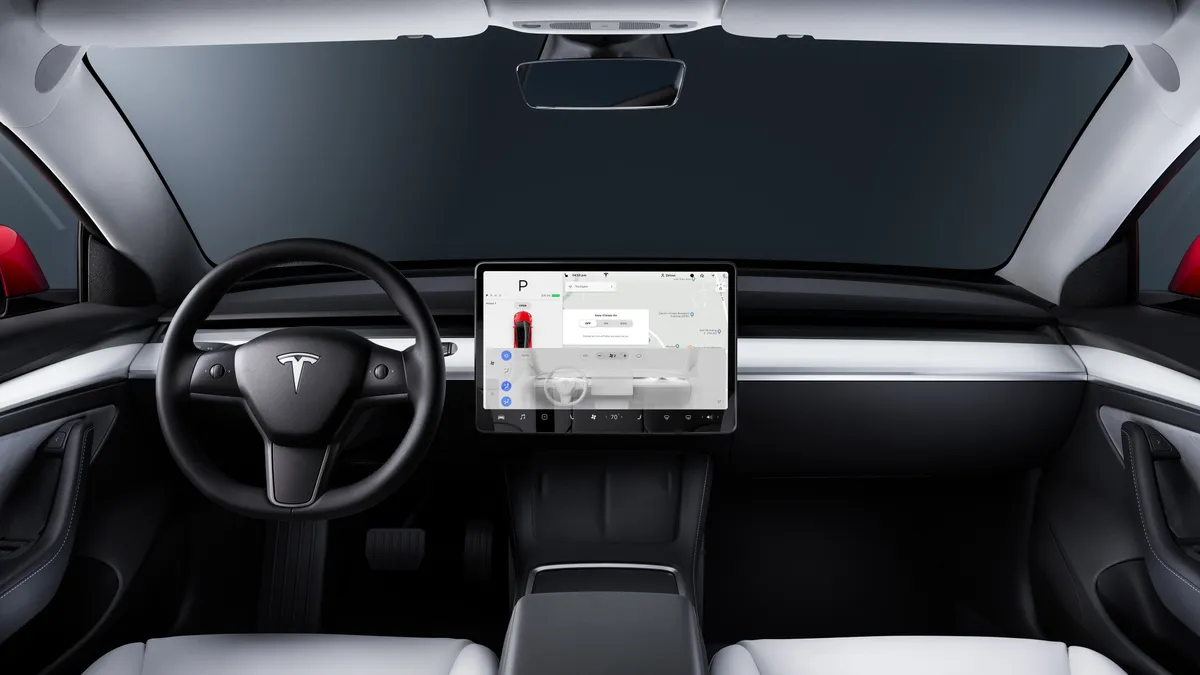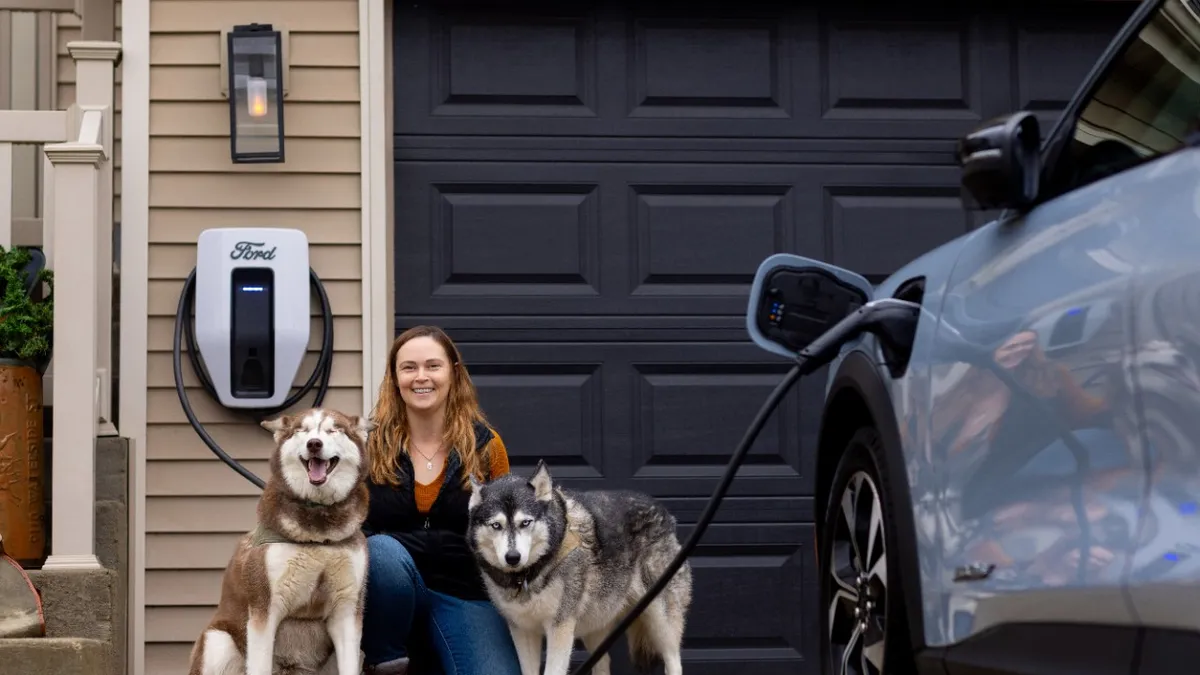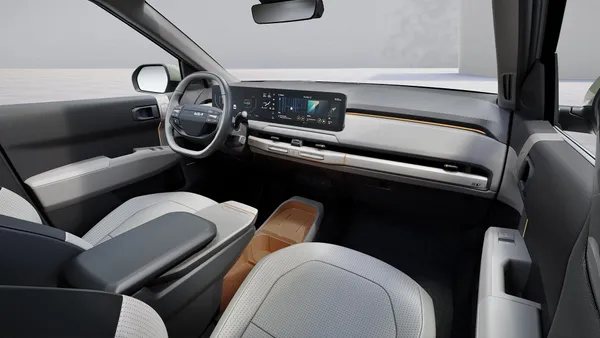Dive Brief:
- New technology in cars is driving an increase in owner complaints, according to last month’s J.D. Power 2024 U.S. Initial Quality Study. The industry average was 195 complaints per 100 vehicles, greater than last year’s average of 192 complaints.
- Electric vehicles, including plug-in hybrid vehicles, which tend to have premium features, are taken into dealerships at a rate three times higher than that of gas-powered cars.
- “It is not surprising that the introduction of new technology has challenged manufacturers to maintain vehicle quality,” Frank Hanley, senior director of auto benchmarking at J.D. Power, said in a statement. But Hanley noted that older technology — such as voice recognition and parking cameras — does not lodge as many complaints as it previously did.
Dive Insight:
According to the study, battery electric vehicles averaged 266 problems per 100 vehicles, about 48% more than gas- and diesel-powered vehicles, which averaged 180 problems per 100 vehicles.
Tesla usually outperforms mass-market brand EVs in the survey, but this year they tied, each with an average of 266 problems per 100 vehicles. Mass-market EV brands did not substantially improve — rather, Tesla fell in its quality rating, likely influenced by the brand’s recent removal of common features, such as its recent switch to steering wheel-mounted buttons for horn and turn signal functions, J.D. Power said.
J.D. Power surveyed 99,144 purchasers and lessees of new 2024 model-year vehicles between July 2023 and May 2024 and after 90 days of ownership. The study also included repair visit data from franchised new-vehicle dealerships.
The purpose of the study is to assist automakers in identifying problem areas in vehicles recently released on the market, with categories including infotainment; features, controls and displays; exterior; driving assistance; interior; powertrain; seats; driving experience; climate; and unspecified, unique issues.
Customers often identified problems with new technology, such as issues with infotaiment systems, which was the most problematic area in the study. They also called out issues with in-vehicle features and controls like windshield wiper or turn signal display buttons, false warnings from advanced driver assistance systems, difficulty connecting to the vehicle with popular apps like Apple CarPlay and Android Auto, and even poor smells emanating from the vehicle.
A total of 35 brands were ranked as part of the 2024 study. Ram rated highest in initial quality, followed by Chevrolet and Hyundai. Porsche ranked the highest among premium brands, followed by Lexus and Genesis.
EV makers Rivian, Tesla and Polestar round out the bottom three overall.
Some brands greatly improved their initial quality rating year over year. For example, Ford jumped 14 places from 23rd in initial quality to ninth. Nissan climbed seven positions, rating 13th in 2023 and sixth in this year’s study.











